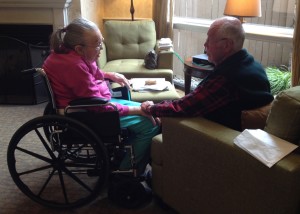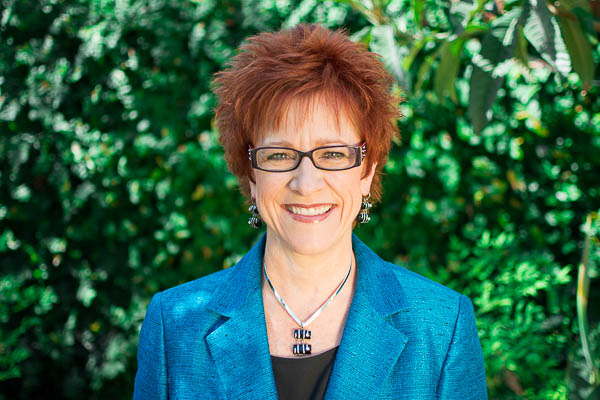This can be a controversial and personal question. Many people say that you should not lie. My husband was one of those people who believed it was wrong to lie to anyone, even my mom with dementia.
After my sister died my mother, with severe short-term memory loss (dementia), inquired about her daughter Shannon. My honest husband told her that she had died. Her reaction would be like any mother learning this terrible news. A week later, my mom asked my husband about my sister, Shannon, again. Before I could respond, I had to witness my mother’s intense pain of learning that her daughter died for the second time.
Every time she asked the question about my sister and got the answer that she died, it was like the first time that she ever heard about it. She couldn’t grasp her daughter’s death in her long-term memory. What a blessing? Right? Wrong!! It is so hard to lose a sister and not share that loss with your own mom. She just was not mentally capable.
It was time to train my husband how to handle the sister question, so he could be prepared. Next time my mom asked where Shannon was today, he would say that we had not seen her in some time, but we think she is doing great (in heaven of course). My mom was satisfied with that and let it go.
What about a spouse passing? This one is tough if the senior husband and wife lived together or regularly visited his or her spouse with dementia. The loving spouse may be in the dementia person’s long-term memory.
This happened to my mother-in-law, Amy. She would ask about her husband every time we visited her. She would inquiry, “Where’s Bill?” or “Did Bill come with you?” He had not died, but was hospitalized after a heart attack. It was so hard on her that her husband of 65 years was suddenly gone.
These senior spouses (my in-laws) never lived together again. Within a few months my father-in-law was put on hospice. Amy lived in a licensed assisted living community. Sadly they were two hours apart. She always asked about him.
It was heart breaking to witness their last visit as husband and wife. They just held hands and looked at each other. A month later my father-in-law had passed away.
I taught the family not to share his death. Amy could not handle it. It would have been too confusing for her because of her dementia. At the time the psychotropic medication combined with the dementia allowed very little clarity in her brain.
What are your thoughts on this conversation? Would you tell a dementia person over and over that someone died? Would you tell them once?
Diane Masson has worked in senior housing for 18 years and is the regional marketing director for two debt-free Continuing Care Retirement Communities in Southern CA (Freedom Village in Lake Forest and The Village in Hemet). Her first book “Senior Housing Marketing – How to Increase Your Occupancy and Stay Full,” is being utilized by senior housing professionals across the country. Her new book is an all-encompassing answer guide for seniors called, “Your Senior Housing Options,” designed to help seniors navigate choices quickly. Learn more tips at: Tips2Seniors.com



